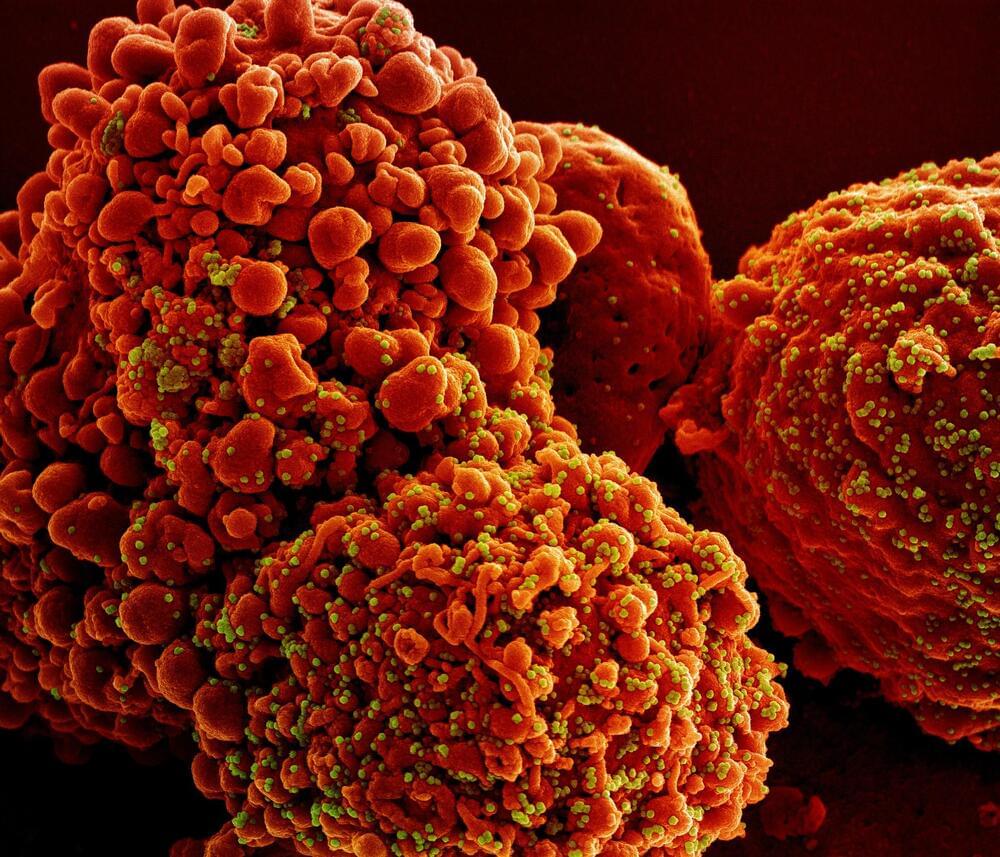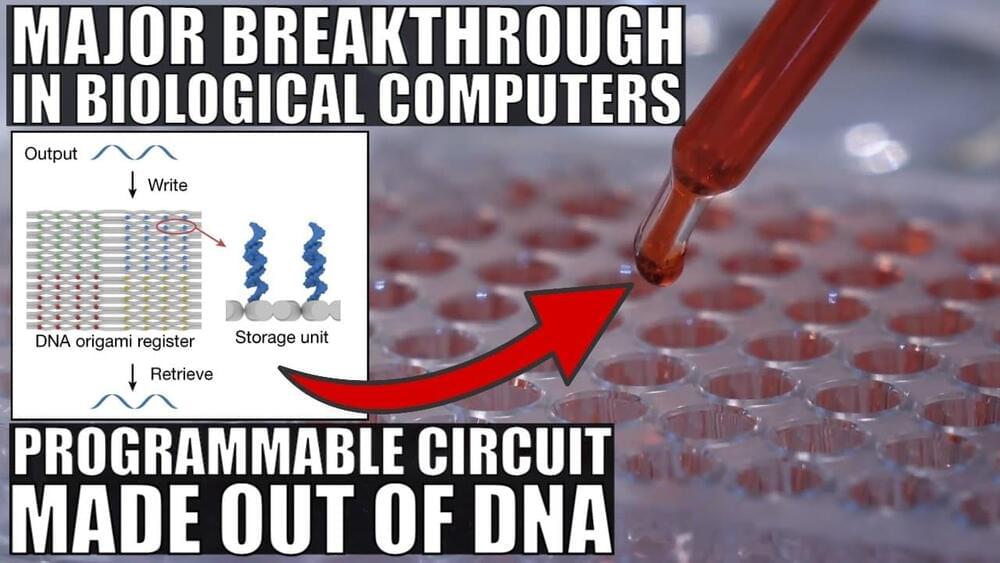A new method identifies the most sensitive measurement that can be performed using a given quantum state, knowledge key for designing improved quantum sensors.
A quantum sensor is a device that can leverage quantum behaviors, such as quantum entanglement, coherence, and superposition, to enhance the measurement capabilities of a classical detector [1–5]. For example, the LIGO gravitational-wave detector employs entangled states of light to improve the distance-measurement capabilities of its interferometer arms, allowing the detection of distance changes 10,000 times smaller than the width of a proton. Typically, quantum sensors use systems prepared in special quantum states known as probe states. Finding the ideal probe state for a given measurement is a focus of many research endeavors. Now Jarrod Reilly of the University of Colorado Boulder and his colleagues have developed a new framework for optimizing this search [6].









